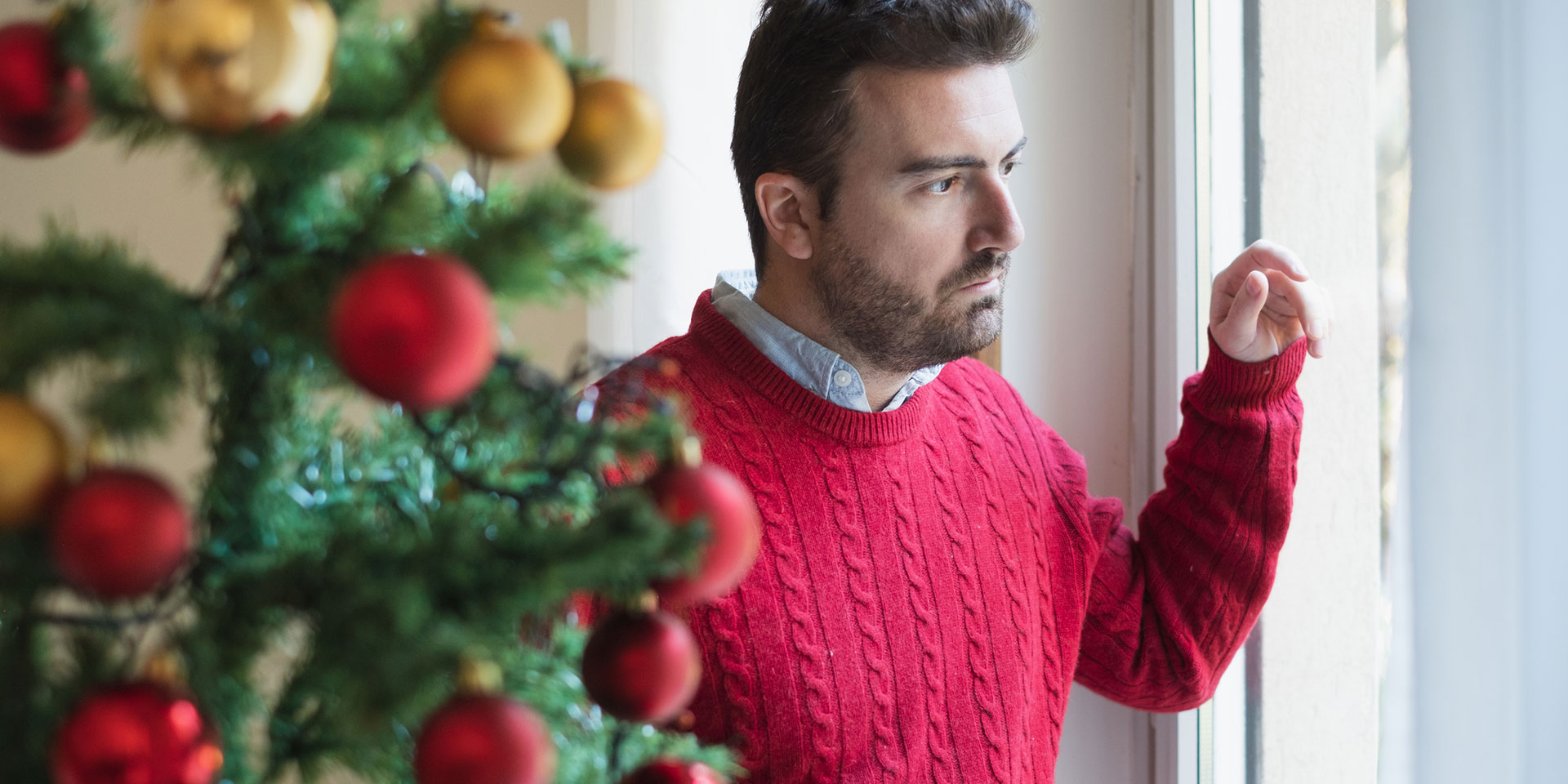The December days that start with the number 2—that is, starting from the 20th—are like a train with batteries on a closed circuit. They pass, with the twinkle of LEDs, like carriages loaded with emotions about the past, about the future and about the present, with nostalgia and regret, with delight, and with fear and worry: a mixture that we enjoy with the thought that this must be the bittersweet taste of life.
This train goes on a ready-built rail and does not stop running. You either get on the train or you don’t. Both the consumerist holidays, like a red-orange caravan from Coca-Cola, and the holy holidays, like a Byzantine carol picked up by Anton Pann, come and go. All of this continues, independent from our good or bad feelings, although when it is going well with us we find it easier to feel part of the story. (“Happy families are all alike; every unhappy family is unhappy in its own way”, wrote Leo Tolstoy in the opening of the novel Anna Karenina).
These holidays, full of opulence, decorations, and expensive gifts, arrive boldly in the lives of the needy, too; also to the lonely, those who have recently divorced, those who have just been fired, who have lost loved ones, who no longer have someone to call them on Christmas Eve, and to those who are away from their families. On the radio or on TV, the carols resound without missing a note, but in our souls it sounds so false when they profess news that seems more foreign than wonderful!
Psychologists are ready to offer solutions to those for whom the holidays are sad. The Gottman Institute, specialising in couple therapy and relationships, has prepared a guide for surviving the holidays when you are in suffering, which they publish at the very beginning of the season, on December 21st. Their strategies are comforting to a large extent, because instead of proposing a panacea, they offer a handful of small suggestions, so diverse that it is quite possible it includes something that will seem feasible to you.
Offering yourself a trip to a place you’ve never been is the first piece of advice. But how appropriate it is depends on many factors: sometimes when it hurts, you want to stay under a warm blanket, with the blinds drawn, not seeing the holiday lights of your neighbours, turn off your phone, in fear of receiving the dreaded “May the…” texts. In fact, the desire to huddle under a blanket is a piece of advice in itself: if you are not feeling good, find a comfortable place where you can sit with your sadness. Or, if the prospect of loneliness scares you, you could pause for a comfortable moment: a cup of tea of the flavour you like, a hot cocoa that tastes of childhood, in the middle of any stressful situation. You could also see if a friend of yours also feels the need for a quiet time that you can spend together and not necessarily talk about something or, at least, not something important.
Go out in nature, if you can. Being active makes you feel good and seeing something other than the ceiling is often a good idea. Volunteer in one of the many opportunities that, like no other month of the year, are available in December. You may discover in yourself springs of energy that you didn’t even know you had, activated by the realisation that, hey, these hands of yours can still help, they are still useful.
The people from Gottman also have other tips, just as practical, but the one I like the most is: pursue peace, rather than the joy of the holidays. Not that the joy wouldn’t be lovely, but when you feel like you’ve hit rock bottom, you don’t have to chip away incessantly, hoping it will create a spark that will ignite that holiday spirit in you.
Don’t force yourself to feel what you wouldn’t force another person that you care about to feel. Give yourself time to heal and seek to befriend those thoughts that bring you peace of mind. The bells are nice, but the snow with the lazy flakes that dance to a song that only they can hear, is also very beautiful.



















